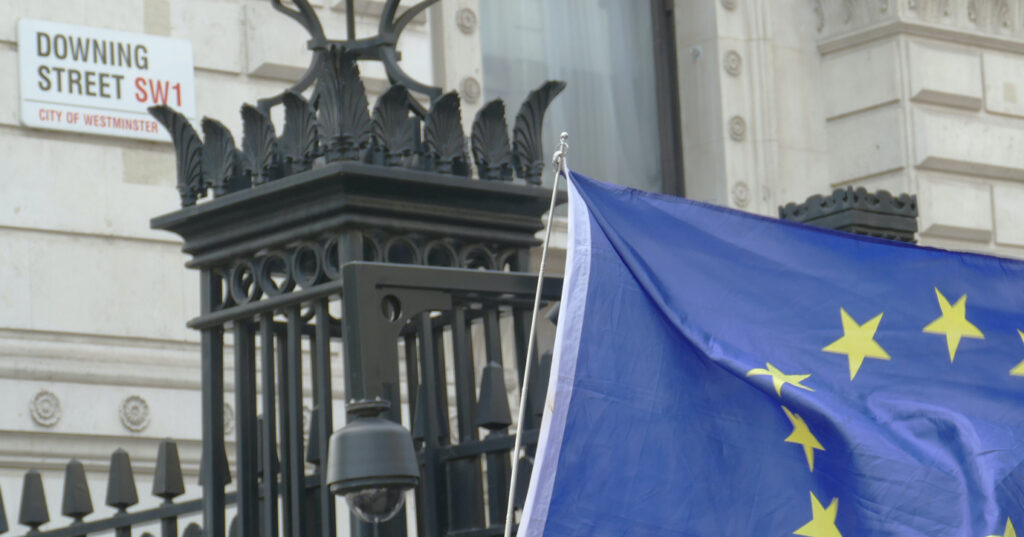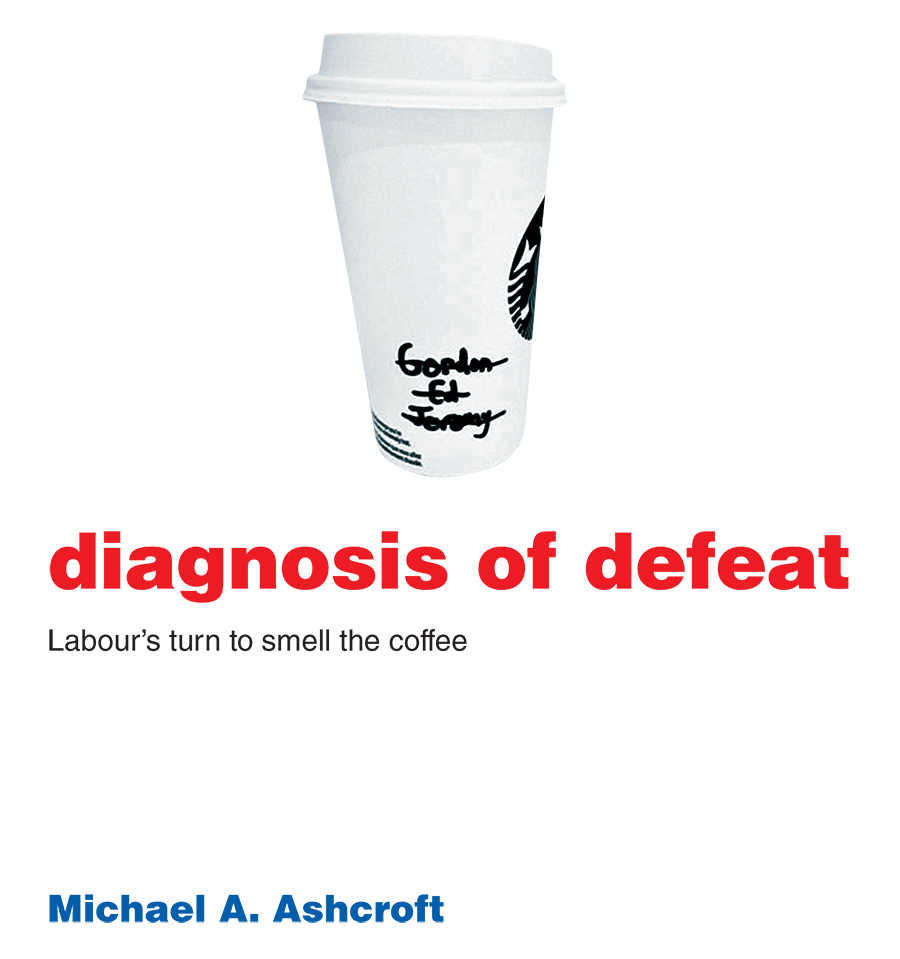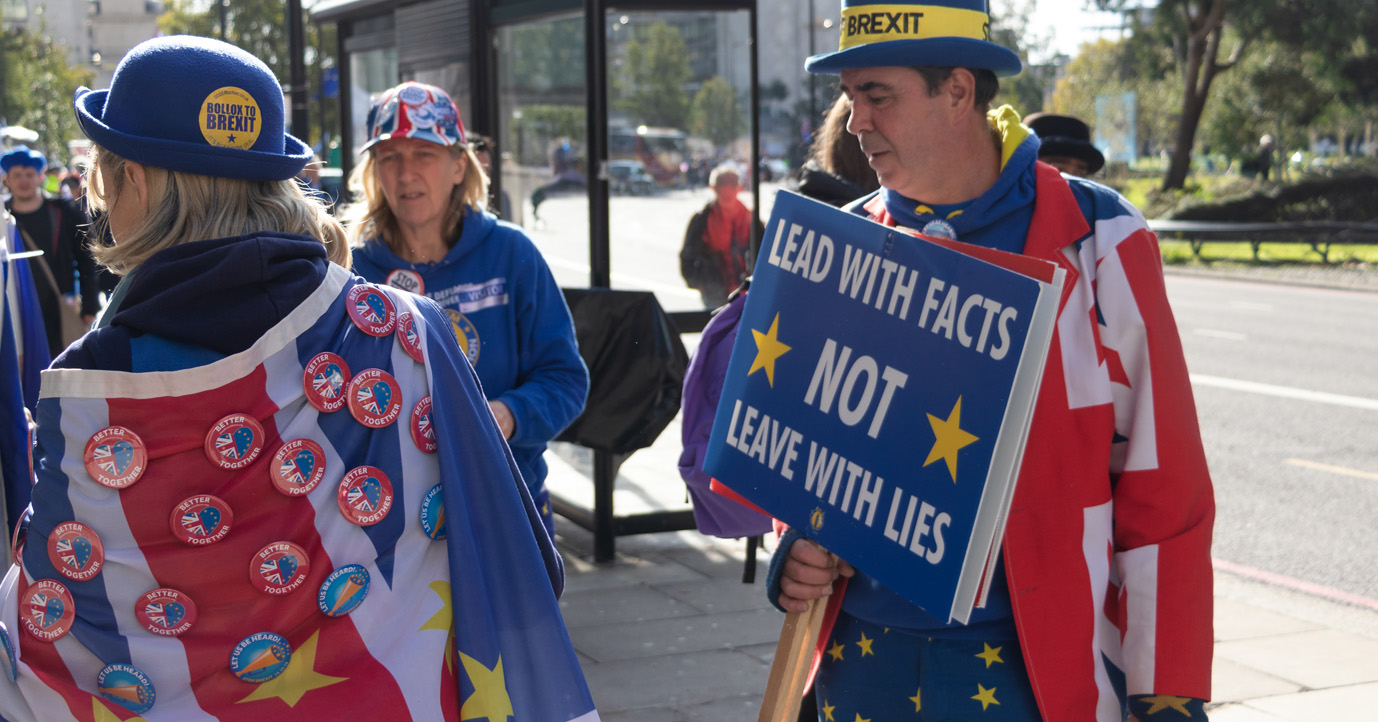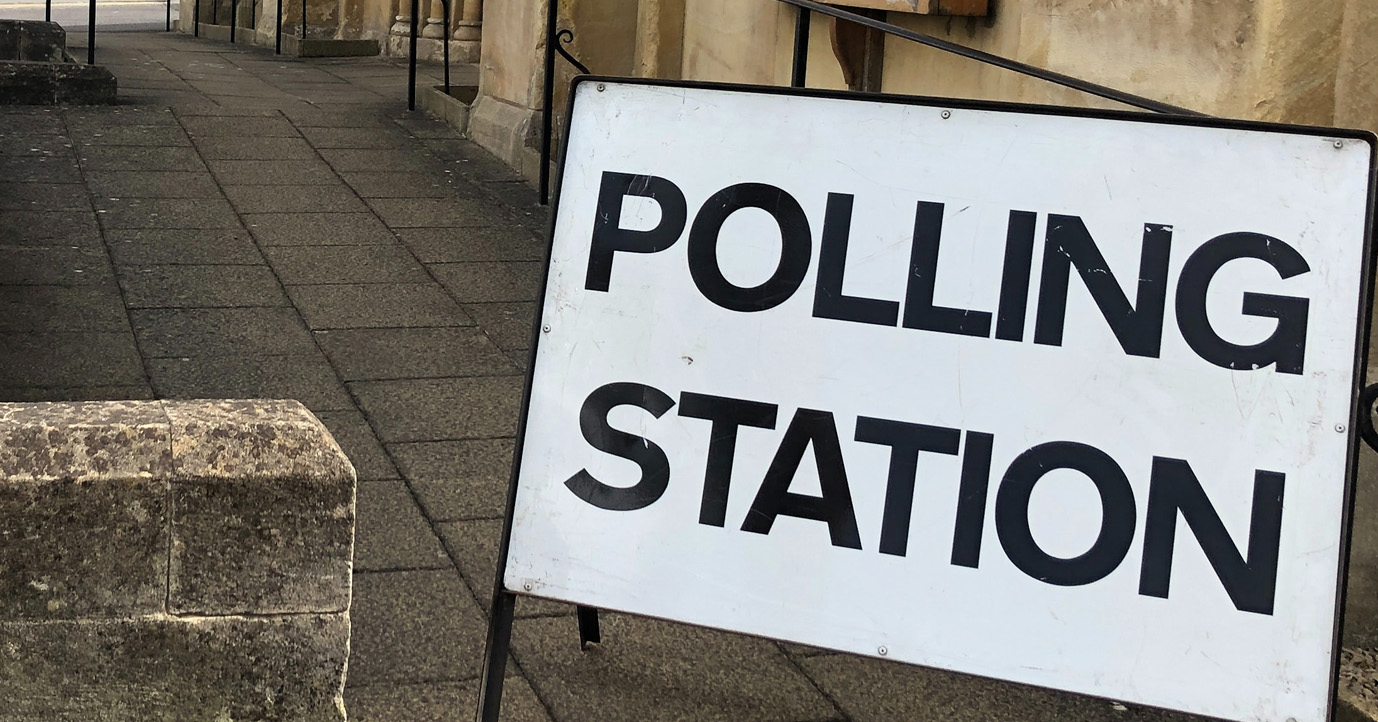
A funny thing about elections is that people’s expectations of what the result will be can affect what the result actually is. There have been hints of this in my polling over the course of the election campaign. The survey I published yesterday found more people expecting a Conservative victory than was the case last month. At the same time, enthusiasm for switching to the Tories among some critical voters – the thing that makes such a result possible – has diminished.
There could be several reasons for this. But one might be that with Boris Johnson apparently safely on course for a majority, some may feel they don’t need to sully themselves with a Conservative vote. In focus groups over the last few weeks we have witnessed how agonising many Labour voters find the choice this year: people who want to get Brexit done and feel Jeremy Corbyn’s version of the party has ceased to represent them, but struggle with an ancestral injunction never to vote Tory. The idea that they can have the outcome they want without having to vote for it must be a tempting one to embrace: the problem is that it is an illusion, and one that represents a serious threat to the Tories’ chance of getting the majority that would drag politics from its three-year quagmire.
The new analysis from YouGov, based on over 100,000 interviews in the past week, highlights the danger. Having forecast 359 Conservative seats two weeks ago, they now project 339 – a Tory majority of 28, down from 68 in the initial estimate. The model’s margin of error means another hung parliament is well within the range of tomorrow’s possible outcomes.
If this new forecast makes Tories nervous, it at least has the effect of clarifying the choice. Naturally, there will be previous Conservative voters who are not enthusiasts for Brexit and find that Boris is not their cup of tea. The kind of people you might expect to find in, say, Putney – a seat which YouGov now predicts to fall to Labour, having projected a Conservative hold two weeks ago. Esher & Walton is now classified as a tossup between the Tories and the Lib Dems, whose leader has been increasingly clear that she will not support Johnson in a hung parliament, which leaves only one alternative. It is hard to see many people in such places enjoying what Jeremy Corbyn and John McDonnell have in store for them. I hope anyone considering using their ballot to make a point against the Tories will resist the temptation unless they really do relish the idea of a Corbyn government – because that is what they could get.
But perhaps the biggest threat to a Conservative majority tomorrow is not from those who oppose the party’s central policy, but from people who support it. YouGov’s seat-by-seat data reveals 48 seats in which Labour’s lead over the Conservatives is smaller than the projected vote share for the Brexit Party.
The Brexit Party’s argument has always been that they can win in places the Tories never have. This is debatable enough: the Conservatives never won in Mansfield or Stoke or Gower, until they did, and historic Tory gains are forecast in Bishop Auckland and Bolsover. But tragically, the Brexit Party threatens to prevent the Tories regaining seats they lost just two years ago, like Bedford, Lincoln, Keighley, Bury North, Vale of Clwyd and Warrington South. These are constituencies the Conservatives should be able to count on this time, but which could be kept in Labour hands by a split in the pro-Brexit vote.
So, if you’re tempted to vote for the Brexit Party, let me appeal to you. Forget the wrangling about whether there should have been a pact, and who should have stood down for whom. The decision is upon us. Whether you think it deserves any or not, the Brexit Party is projected to have no MPs. On Friday, these seats will have Conservative MPs, or Labour ones. The Tories will have a majority, or they won’t. Boris Johnson will keep Jeremy Corbyn out of Downing Street, or he won’t. And as a result, Brexit will happen, or it won’t.
This election can have one of two possible outcomes: the Conservatives and Brexit, or Labour and no Brexit. If you’d prefer the first, that’s what you should vote for.


